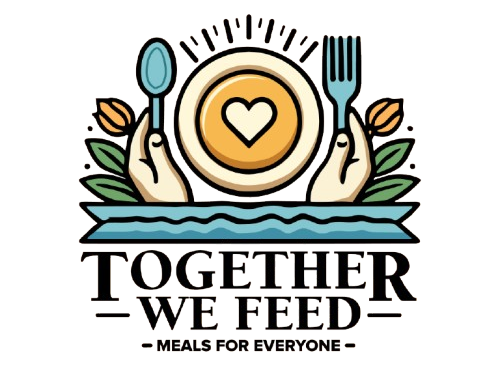In the Muslim community, nonprofit organizations hold a distinct position of responsibility. They are entrusted to use donor contributions wisely and uphold values that align with Islamic principles. This means nonprofits need a strong foundation of transparency, ethics, and accountability to build trust and stay true to Islamic teachings. These values not only meet the moral responsibilities of a nonprofit but also align with Islamic principles, bringing integrity and peacemaking to the core of the organization.
Islamic Governance: The Framework for Ethical Leadership
Islamic governance is founded on principles of honesty, stewardship, and fairness, which foster these virtues. These values help build donor trust and support community well-being. The Qur’an and Sunnah guide leaders, emphasizing service to others with sincerity and honesty. For instance, Surah Al-Baqarah (2:283) warns against exploiting others or misusing funds. This highlights the need for fairness and responsibility in financial matters. Following these principles reassures donors that their contributions are managed ethically, strengthening trust and unity within the community.
Nonprofits following an Islamic governance model should focus on the following:
- Transparency: Demonstrating respect for community trust by openly sharing operational and financial information.
- Ethics: Making decisions that reflect Islamic values assures donors that their contributions are ethically used.
- Accountability: Creating ways to review and improve the organization’s performance regularly. This approach reflects the Islamic values of trust (amanah) and a deep sense of responsibility to the community and Allah.
The Role of Transparency in Building Donor Trust
Transparency is essential in Islamic management, bridging the gap between organizations and their supporters. Muslim donors feel reassured when their zakat or sadaqah contributions are deployed effectively and ethically. Nonprofits can improve transparency by:
- Publicly Disclosing Financial Information: Regular updates on fund allocations and spending, including financial reports, annual audits, and accessible records, boost donor confidence.
- Communicating Goals and Progress: Sharing their mission, goals, and project updates creates a sense of partnership with donors, making them feel truly involved in the work they’re supporting.
- Open Channels for Feedback: Encouraging feedback and questions aligns with transparency and the Islamic principle of consultation (shura), which encourages collective decision-making.
Ethics in Decision-Making and Operations
In an Islamic framework, ethics are fundamental to nonprofit operations, covering internal management and external interactions. Nonprofits should practice ihsan (excellence in conduct) and adl (justice) to reflect values cherished in Islam.
Examples of ethical practices in Islamic management for nonprofits include:
- Integrity in Fund Allocation: Donors must ensure they use their contributions solely for their intended purpose, as misuse damages trust and conflicts with Islamic stewardship.
- Honesty in Communications: Sidq (truthfulness) is critical in building a nonprofit’s reputation. Regular updates on project progress, challenges, and successes are essential.
- Fair Employment Practices: Dignified treatment of staff and volunteers, fair wages, and supportive work environments promote loyalty and dedication.
The Islamic Obligation to be Answerable
Accountability in Islamic governance reflects taklif (responsibility) and prepares nonprofits to answer to donors and ultimately to Allah.
Maintain accountability through:
- Regular Audits: Internal and external audits help ensure funds are managed and utilized effectively. Auditing processes should be transparent and regular to reinforce organizational credibility.
- Board Oversight: An active board that reviews and oversees the nonprofit’s decisions helps maintain accountability. Board members must consistently apply Islamic principles in operations while bringing their expertise and insight.
- Documentation and Reporting: Islam encourages accurate record-keeping, like in Surah Al-Baqarah (2:282), which talks about documenting transactions. Clear records show donors that nonprofits are responsible and ethical.
Peacemaking through Islamic Principles: A Model of Unity and Compassion
Islamic principles in nonprofit management do more than ensure compliance—they promote peace and unity. Nonprofits bring the community together through compassion and support for those in need. By being transparent and ethical, they create an example of peaceful collaboration, promoting goodwill and social harmony.
In this way, Islamic principles help nonprofits build a legacy of peacemaking and bridge divides, creating lasting relationships with the community that go beyond financial contributions.
Conclusion
Using Islamic governance, transparency, ethics, and accountability in nonprofit management is essential for gaining trust and fulfilling religious duties. By following these values, Muslim nonprofits stay true to Islamic principles, creating a model of integrity, compassion, and community unity. These values lay the foundation for long-term donor support and ensure that nonprofits act responsibly with the community’s contributions.

jkhkhk